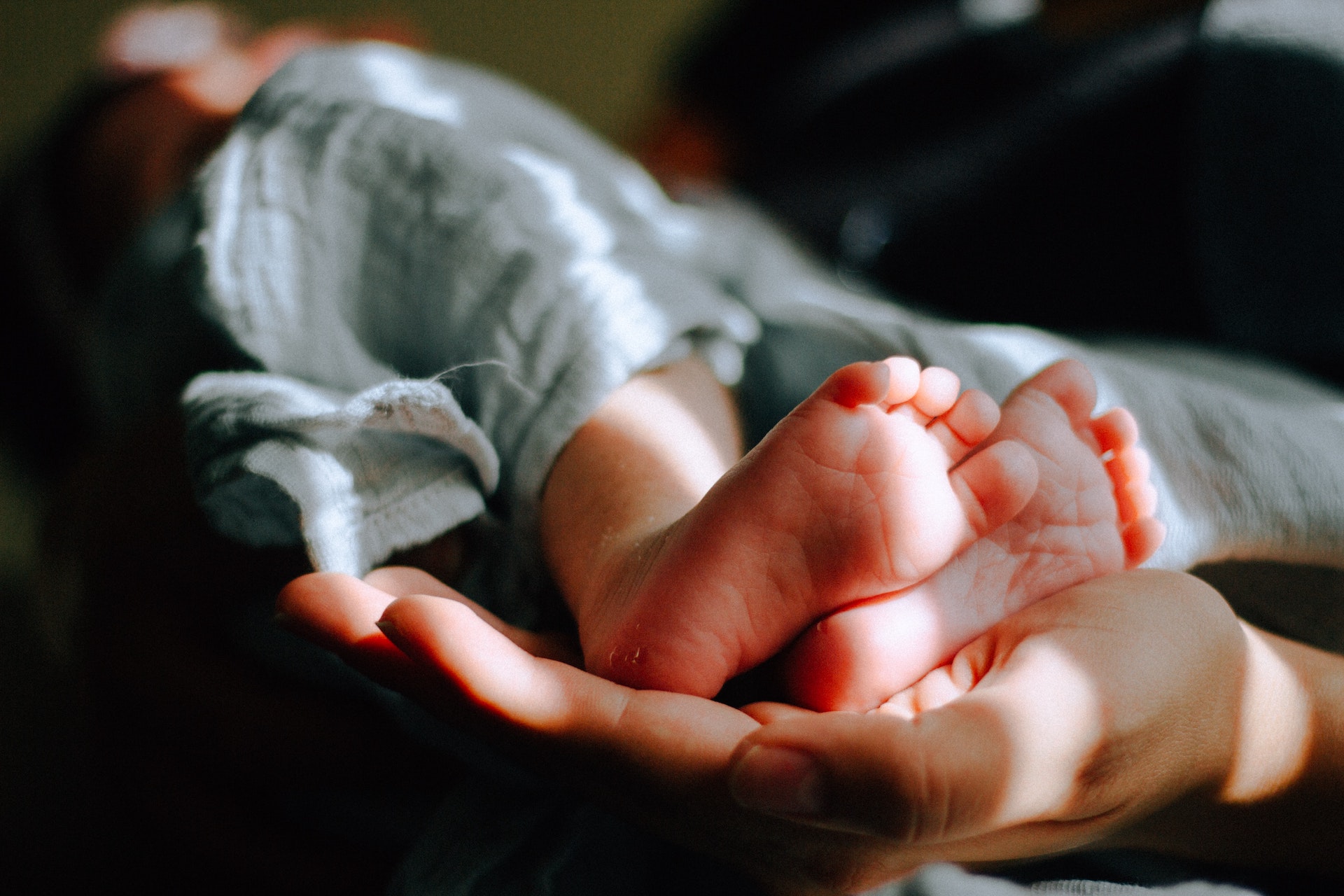Which government agency is in charge of handling adoption?
The Department of Social Welfare and Development.
Who can be adopted?
- Any person below eighteen (18) years of age who has been administratively or judicially declared available for adoption;
- The legitimate son/daughter of one spouse by the other spouse;
- An illegitimate son/daughter by a qualified adopter to improve his/her status to that of legitimacy;
- A person of legal age if, prior to the adoption, said person has been consistently considered and treated by the adopter(s) as his/her own child since minority;
- A child whose adoption has been previously rescinded; or
- A child whose biological or adoptive parent(s) has died: Provided, That no proceedings shall be initiated within six (6) months from the time of death of said parent(s).
A child legally available for adoption” refers to a child who has been voluntarily or involuntarily committed to the Department or to a duly licensed and accredited child-placing or child-caring agency, freed of the parental authority of his/her biological parent(s) or guardian or adopter(s) in case of rescission of adoption.
Who may adopt?
- Any Filipino citizen of legal age, in possession of full civil capacity and legal rights, of good moral character, has not been convicted of any crime involving moral turpitude, emotionally and psychologically capable of caring for children, at least sixteen (16) years older than the adoptee, and who is in a position to support and care for his/her children in keeping with the means of the family.
- Any alien possessing the same qualifications as above stated for Filipino nationals: Provided, That his/her country has diplomatic relations with the Republic of the Philippines, that he/she has been living in the Philippines for at least three (3) continuous years prior to the filing of the application for adoption and maintains such residence until the adoption decree is entered, that he/she has been certified by his/her diplomatic or consular office or any appropriate government agency that he/she has the legal capacity to adopt in his/her country, and that his/her government allows the adoptee to enter his/her country as his/her adopted son/daughter.
- The guardian with respect to the ward after the termination of the guardianship and clearance of his/her financial accountabilities.
Husband and wife shall jointly adopt, except in the following cases:
- if one spouse seeks to adopt the legitimate son/daughter of the other; or
- if one spouse seeks to adopt his/her own illegitimate son/daughter: Provided, However, that the other spouse has signified his/her consent thereto; or
- if the spouses are legally separated from each other.
Adoption procedures in the Philippines
Step 1: Counsel for Biological Parents – proceedings for adoption, the court shall require proof that the biological parent(s) has been properly counseled to prevent him/her from making hurried decisions caused by strain or anxiety to give up the child.
Step 2: Case Study – No petition for adoption shall be set for hearing unless a licensed social worker of the Department, the social service office of the local government unit, or any child-placing or child-caring agency has made a case study of the adoptee, his/her biological parent(s), as well as the adopter(s), and has submitted the report and recommendations on the matter to the court hearing such petition.
Step 3: Trial Custody – No petition for adoption shall be finally granted until the adopter(s) has been given by the court a supervised trial custody period for at least six (6) months within which the parties are expected to adjust psychologically and emotionally to each other and establish a bonding relationship
Step 4: Decree of Adoption – After fulfilling Publication of the adoption, there be no opposition, the case study and qualifications have been met, and it is in the best interest of the child, a decree of adoption shall be entered which shall be effective as of the date the original petition was filed.
Step 5: “New” Birth Certificate – An amended certificate of birth shall be issued by the Civil Registry
What are the effects of Adoption?
Except in cases where the biological parent is the spouse of the adopter, All legal ties between the biological parent(s) and the adoptee shall be severed and the same shall then be vested on the adopter(s). The adopters shall exercise full parental authority over the adopted child. The adoptee shall be considered the legitimate child of the adopter(s) for all intents and purposes and as such is entitled to all the rights and obligations provided by law to legitimate sons/daughters born to them without discrimination of any kind.
What if I change my mind after the adoption, can I rescind the decree of adoption?
Adoption, being in the best interest of the child, shall not be subject to rescission by the adopter(s). Only the adoptee may rescind the adoption.
Upon petition of the adoptee, with the assistance of the Department if a minor or if over eighteen (18) years of age but is incapacitated, as guardian/counsel, the adoption may be rescinded on any of the following grounds committed by the adopter(s):
- repeated physical and verbal maltreatment by the adopter(s) despite having undergone counseling;
- attempt on the life of the adoptee;
- sexual assault or violence; or
- abandonment and failure to comply with parental obligations.

